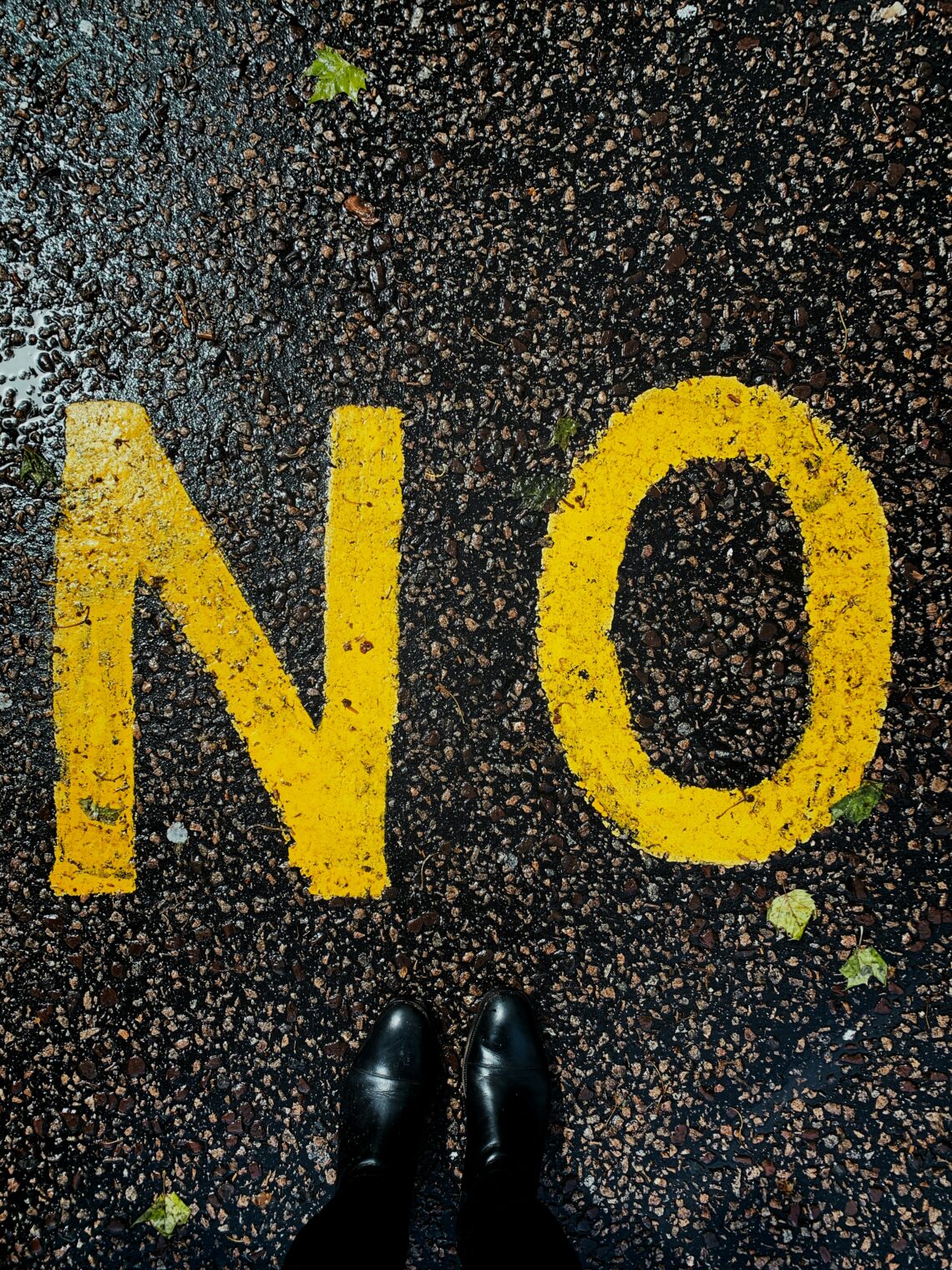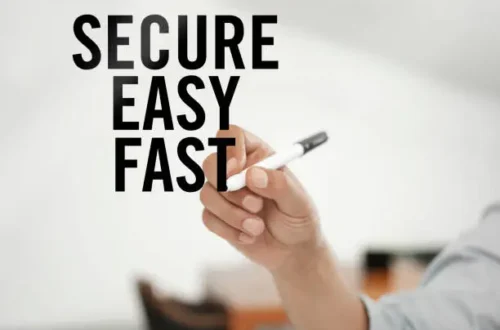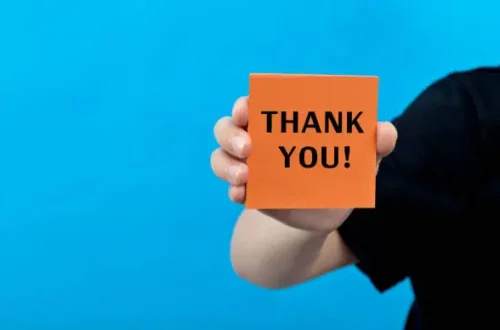Introduction
Let’s be honest—saying “no” can feel like committing a crime. Ever said yes to something and immediately regretted it? You’re not alone. We’re hardwired to keep the peace, please others, and avoid rocking the boat. But here’s the catch—when you always say yes to others, you say no to yourself.
Setting boundaries isn’t about being cold or selfish; it’s about self-respect. And the truth is, the more we say “yes” when we don’t mean it, the more we pile up resentment, burnout, and stress. This article is your guide to learning how to say no without guilt—and why that’s one of the most powerful life skills you can develop.
Understanding the Power of No
What Happens When You Say Yes Too Often
You might think agreeing to everything makes you reliable or lovable. But here’s the truth: being a chronic yes-sayer drains your time, energy, and joy. You end up overcommitted and underwhelmed—pulled in too many directions.
The Emotional Toll of Being a People-Pleaser
People-pleasers often feel trapped in a cycle of guilt and anxiety. They live in fear of disappointing others, but in the process, disappoint themselves. Sound familiar? It’s exhausting—and unnecessary.
Why We Feel Guilty Saying No
Societal Pressure to Please
From childhood, many of us are taught to be agreeable. Be nice. Be polite. Don’t make waves. But constantly being “nice” often means putting our own needs last. Saying no challenges those social norms, and that’s why it feels so uncomfortable.
Fear of Rejection or Conflict
We fear people will stop liking us, or worse, that we’ll seem mean or selfish. But real friends and respectful colleagues value honesty over fake agreement.
The Psychological Benefits of Saying No
Regaining Control Over Your Life
Saying no isn’t just about others—it’s a powerful way to take back your time, energy, and emotional well-being. You get to choose how your life is spent, not someone else.
Increased Self-Respect and Confidence
Every time you say no with clarity and kindness, your self-esteem gets a little boost. You’re honoring yourself, and that sends a strong message: “I matter too.”
How Boundaries Improve Your Relationships
Healthy Relationships Require Limits
Here’s a secret: boundaries aren’t walls; they’re bridges. They protect your emotional space and let you show up authentically in relationships.
When Saying No Builds Trust
When people know you’ll say no when needed, they start to trust your yes more. That kind of honesty builds stronger, deeper relationships.
Common Situations Where Saying No is Important
Work and Career Settings
Ever been asked to stay late for the fifth time this week? You don’t have to say yes. Learning to prioritize your workload and energy is professional—not lazy.
Friends and Family Requests
You love them, but sometimes you need space. Saying no doesn’t mean you don’t care. It means you’re taking care of yourself first, which is crucial for being your best self for others.
How to Say No Politely and Firmly
Using “I” Statements
Phrases like “I’m not available right now” or “I have other commitments” keep the focus on your needs—not the other person’s expectations.
Offering Alternatives Without Obligating Yourself
You can be kind and helpful without giving in. Say something like, “I can’t help you move, but I know a great moving company you could check out.”
Setting Boundaries at Work
Avoiding Burnout Through Prioritization
Burnout isn’t a badge of honor. It’s a sign of poor boundaries. Make your work life more sustainable by setting realistic expectations and sticking to them.
Saying No Without Losing Opportunities
Worried about missing out? Think long term. Saying no today might just free you up for the bigger, better yes tomorrow.
Setting Boundaries in Friendships
Spotting Emotional Vampires
We all know someone who takes more than they give. Boundaries help you recognize when you’re being drained—and give you permission to step back without guilt.
Learning When to Walk Away
Not all friendships are meant to last. If a friend constantly disrespects your boundaries, it may be time to lovingly let go.
Setting Boundaries in Romantic Relationships
Respecting Yourself First
A relationship without boundaries is a fast track to resentment. When you prioritize your needs, you model respect and teach others how to treat you.
The Difference Between Love and Obligation
Love is freely given—not guilted into. If your partner expects constant yeses, that’s not love—it’s control.
The Role of Self-Worth in Saying No
Understanding Your Value
When you believe you’re worthy, saying no becomes an act of self-love, not defiance. You don’t have to earn rest or justify every decision.
The Confidence-Compassion Balance
You can be compassionate and assertive at the same time. In fact, that’s the sweet spot where healthy boundaries live.
Strategies to Build Boundary-Setting Muscles
Start Small and Practice
You don’t have to start by saying no to your boss. Try turning down a coffee invite or delaying a response. Every small no is a step toward freedom.
Keep a Boundary Journal
Track your wins. Write down what worked, what didn’t, and how you felt. Over time, you’ll notice patterns and gain clarity.
Saying No as a Parent
Teaching Kids the Power of No
Kids model your behavior. When they see you set boundaries, they learn to do the same. You’re teaching emotional intelligence by example.
Balancing Love and Limits
It’s okay to say no to another toy or extra screen time. Boundaries give kids structure—and they thrive on it.
What to Do After You Say No
Dealing with Pushback
Some people won’t like your boundaries—and that’s okay. Their reaction is not your responsibility.
Standing Your Ground Kindly
Be firm, not aggressive. Kind, clear repetition is often all it takes. “Like I said, I’m not available this weekend. Hope you understand.”
Myths About Saying No
“It’s Selfish to Say No”
Nope. Self-care isn’t selfish—it’s essential. You can’t pour from an empty cup.
“People Will Stop Liking Me”
The people who truly care about you will respect your boundaries. If they don’t, that tells you something important.
Inspirational Stories of Boundary-Setters
Oprah Winfrey and Personal Space
Oprah famously said she stopped letting people drain her time once she learned to say no—and her success didn’t suffer.
J.K. Rowling’s Focus on Privacy
Despite being world-famous, Rowling maintains firm boundaries around her personal life. If she can say no, so can you.
Conclusion
Saying no isn’t about rejection—it’s about intention and empowerment. It’s how you reclaim your time, energy, and peace. You get one life. Why spend it doing things you don’t want to do, just to please others?
Start small, be kind, and remember: no is a complete sentence.
FAQs
What if I regret saying no?
That’s normal. Reflect on it, but don’t let guilt run the show. Every “no” is a learning opportunity.
Can saying no ruin a relationship?
If it does, that relationship likely depended on you not having boundaries. Healthy ones will adapt.
How do I know when to say no?
When your gut says “ugh,” that’s a clue. If it drains you, it’s probably a no.
Is it rude to say no without explanation?
Not at all. You’re not obligated to explain everything. “No” is a full sentence.
How can I practice saying no every day?
Start with small things: skip that extra Zoom call, delay a reply, or decline a favor. Build your “no” muscle like a gym workout. 💪





